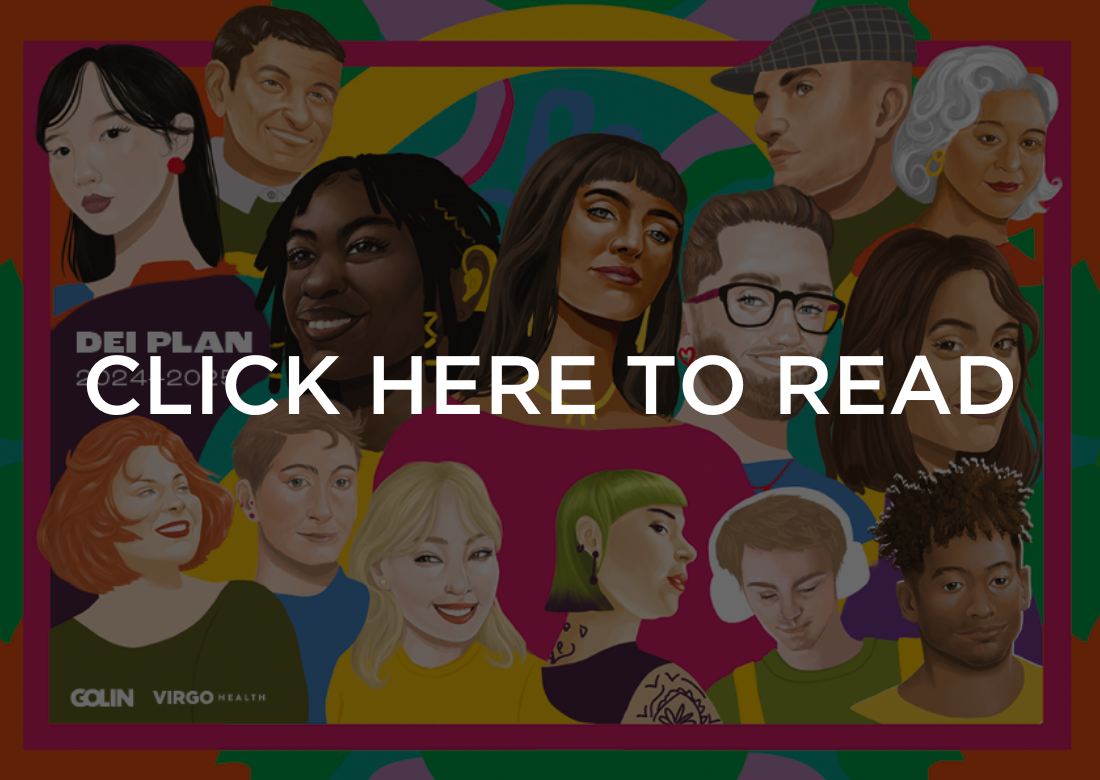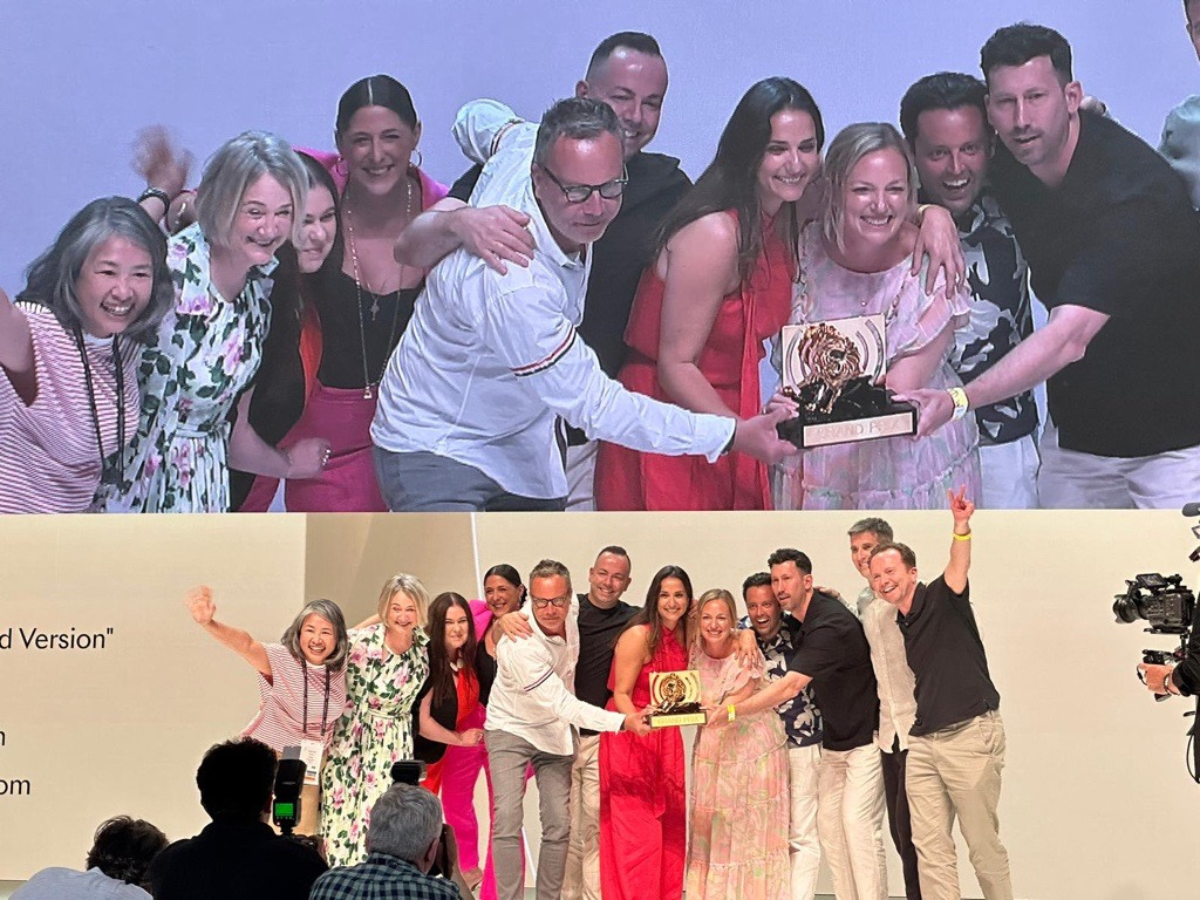Is scrutiny sacrificed as we reach peak podcast?
Jonathan Daly, Virgo Health and Golin Executive Director, Media & Corporate Reputation, reflects on the two most controversial former political leaders on either side of the Atlantic in recent memory offering their longest interviews to influencers, not trained journalists.
Boris Johnson chose to sit down for almost two hours with entrepreneur Stephen Bartlett on his Diary of a CEO Podcast in an attempt to rehabilitate a political legacy. Donald Trump has bet on the near three hours spent on former UFC commentator Joe Rogan’s show proving the knockout blow in his bid to return to the Oval office.
This matters.
Almost three quarters of a Diary of a CEO’s audience are either Gen-Z or Millennial. Those generations account for 56 per cent of Joe Rogan’s listeners, with his following skewing heavily male too. Now consider that around four in 10 people actively avoid traditional news and this trend is most evident in younger generations, according to Reuters’ annual Digital News Report. Those tuning in but opting to consume news through podcasts trust these sources at least, if not more, than traditional reporting.
While Trump has held multiple interviews with mainstream media outlets in the presidential race and Johnson’s tour to tout his memoirs saw him speak to reporters too, neither provided anywhere near the length of time afforded to the podcasters-in-chief.
Offering more access to these top-ranked podcasts than traditional outlets is calculated media strategy. This approach astutely recognises the value of reaching and influencing listeners who are increasingly tuning out of mainstream news reporting, safe in the knowledge they will face a fraction of the challenging questions that would accompany a multi-hour broadcast interview with a journalist.
These long-form podcasts sound like conversation, not interview, by design. Hosts sitting across from an interviewee looking to shape hours of content might be forgiven for failing to press weak answers or evasiveness with a Paxman-esque doggedness. And it bears repeating: they are hosts, not journalists.
To those tuning out from media-trained interviewees playing defence from the outset on the traditional morning interview round, that may appeal. But it comes with a cost. Trump managed to fit more than 32 false claims into his three-hour sit down with Rogan, the vast majority of which went either unchallenged or, worse still, encouraged. It took 79 minutes for Spotify’s top-ranked podcast host to even broach the most egregious charge facing Trump: the denial of the 2020 election result that led to his supporters storming the Capitol building.
Neither here nor on any of the multiple other points in the podcast when the former President alluded to the election being stolen, does Rogan offer anything in the way of real challenge.
Interesting as it may be to listen to leaders talk at length about Spotify playlists, their upbringing or the possibility of life on Mars, scrutiny undoubtedly suffers as a result.
Those opting out of traditional news consumption may end up placing their trust in podcasters who prioritise attention over accuracy, or holding power to account. What impact will this trend have? Next Tuesday’s election result may go some way to answering that question.
First seen in PRWeek on 30.10.24

